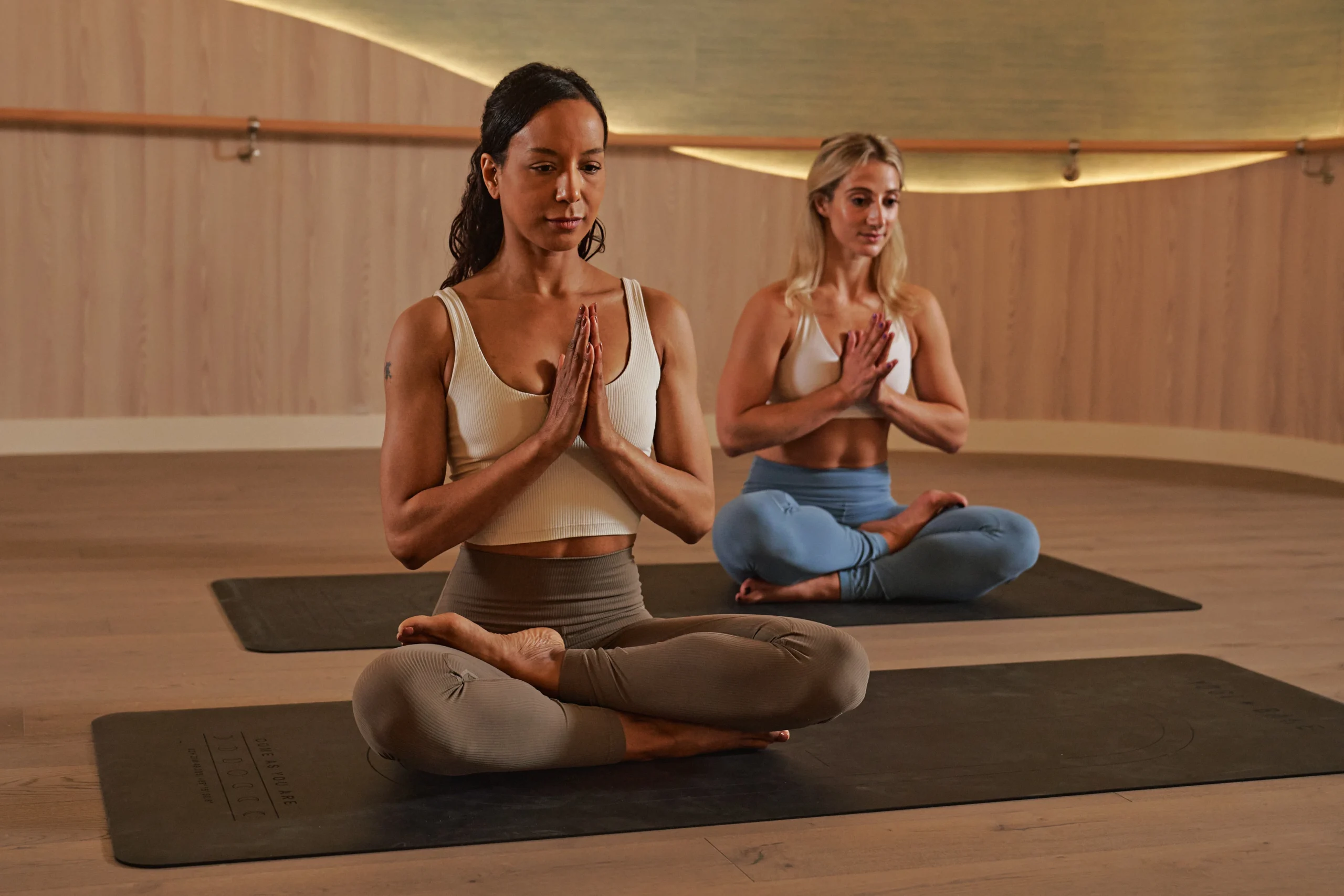- Linkedin Share
- Twitter Tweet
- Email Share
- Copy link Copy link Copied to clipboard
You may think falling asleep is as simple as closing your eyes, but your body and mind often need the right cues to truly unwind. Aromatherapy offers a natural way to bridge the gap between wakefulness and rest, engaging the senses to calm the nervous system and promote deeper, more restorative sleep.
Research from the National Institutes of Health shows that inhaling certain essential oils can lower heart rate and blood pressure while reducing cortisol, helping the body transition into a restful state more easily.
The Science Behind Scent and Sleep
Inhaling essential oils can directly influence the brain’s limbic system the centre for emotions, memory, and stress explaining why scents like lavender and chamomile promote relaxation and better sleep. Lavender, for example, enhances deep slow-wave sleep, vital for recovery and immune function, while oils like bergamot and cedarwood help calm the nervous system by reducing “fight or flight” activity. These effects align with the principles in Embracing Recovery Beyond the Workout, highlighting how nervous system regulation supports overall wellbeing.
How it Impacts Your Health
Aromatherapy influences several physiological systems that support better sleep and recovery:
- Stress reduction: Essential oils like ylang-ylang and clary sage can help reduce anxiety and calm the mind before bed.
- Improved sleep onset: Inhaling relaxing scents before bedtime helps you fall asleep faster and stay asleep longer.
- Heart rate variability (HRV): By calming the autonomic nervous system, certain oils improve HRV, a key indicator of recovery and resilience.
- Hormonal balance: Lowered cortisol and boosted melatonin levels help align your body’s circadian rhythm for a more consistent sleep-wake cycle.
Creating Your Aromatherapy Routine
Aromatherapy works best when incorporated into a nightly ritual that signals to your body it’s time to rest. Try these steps to create your own pre-sleep sensory routine:
Set the Scene
Diffuse calming essential oils 30–60 minutes before bed. A blend of lavender, cedarwood, and bergamot creates a grounding, tranquil environment. Keep your space dimly lit and free from distractions so the scent becomes the main sensory cue for relaxation.
Incorporate Touch and Breath
Apply diluted essential oils to pulse points, wrists, neck, or temples and pair with deep breathing. Slow, nasal inhales help you absorb the aroma while activating the parasympathetic nervous system. Try combining this with gentle stretching or meditation to deepen relaxation.
Enhance Sleep Hygiene
Pair aromatherapy with foundational sleep habits. Keep your bedroom cool (around 18°C), dark and quiet. Reduce screen time an hour before bed to prevent melatonin suppression, and avoid caffeine or alcohol late in the day, both of which can interfere with restful sleep.
Experiment and Personalise
Everyone responds differently to scent. Try different oils like chamomile for stress relief, sandalwood for grounding, or sweet orange for a lighter, uplifting tone and observe how each affects your mood and rest quality.
Beyond the Diffuser
Aromatherapy isn’t limited to essential oil diffusers. Pillow sprays, roll-ons, bath soaks, and even candles can help reinforce your night-time ritual. Consistency is key, over time, your brain begins to associate certain scents with rest, making it easier to slip into a state of calm each night.
For more ways to elevate your evening routine, explore our related article Unlocking Deep Sleep and Restful Nights with Magnesium, where we discuss how combining nutrients, scent, and environment can transform your sleep quality and recovery.



